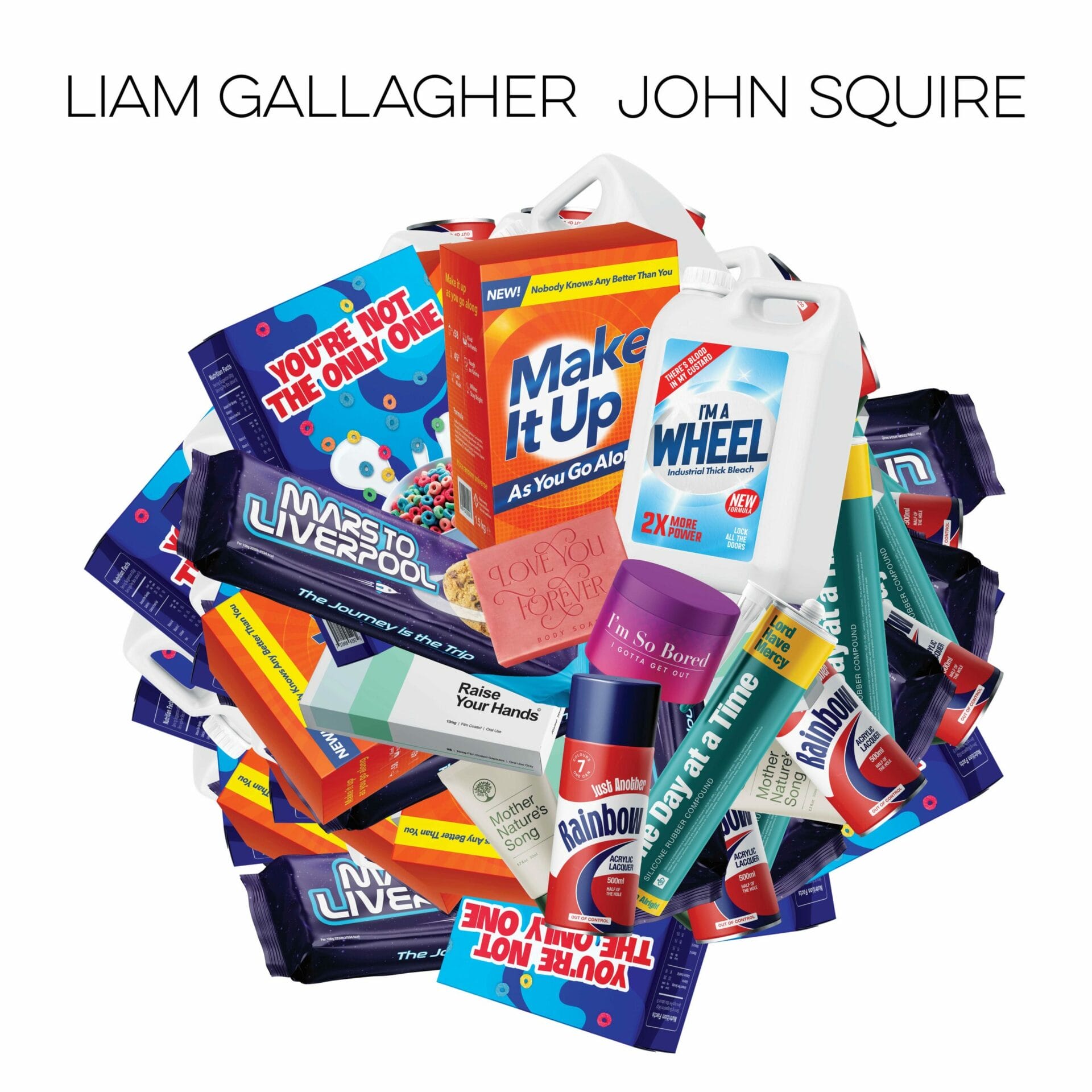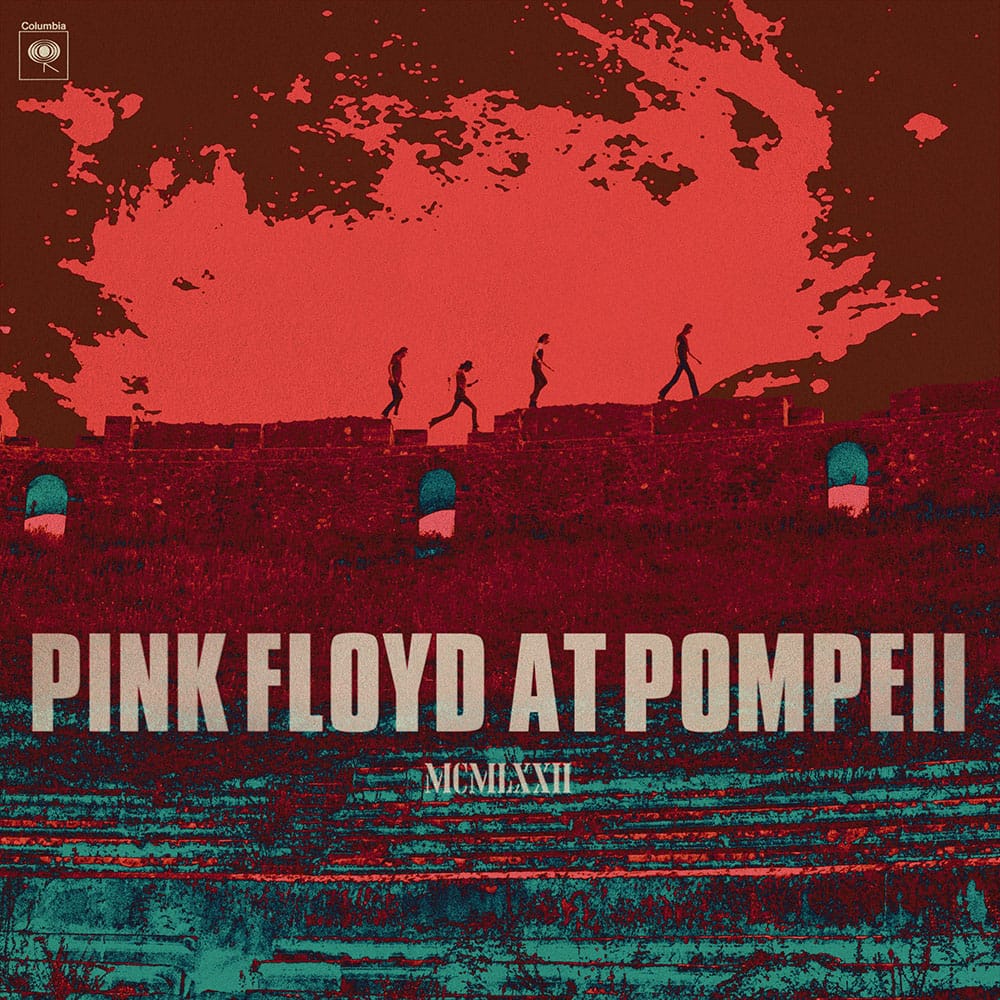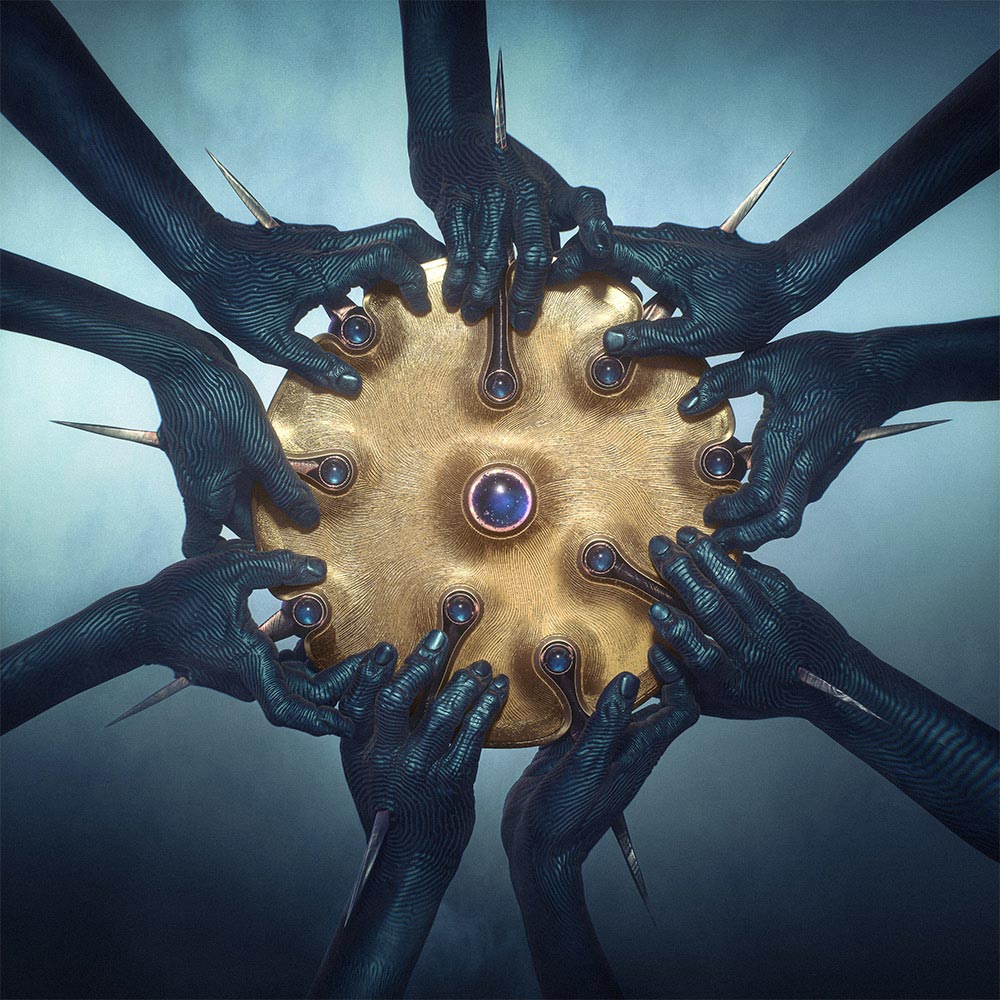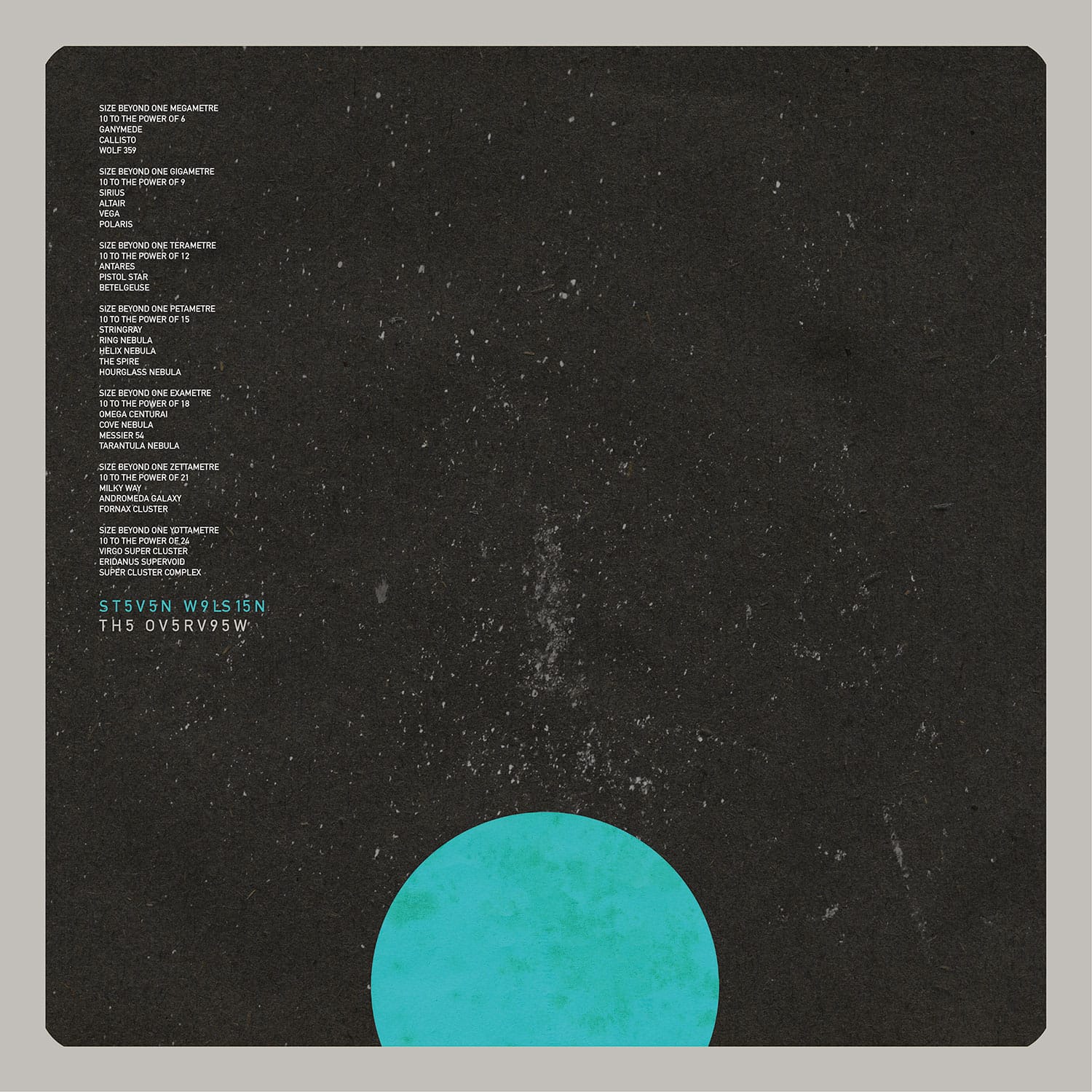Liam Gallagher returns with a new project, his third since Oasis disbanded in 2008. It seems that poor Liam hasn’t quite managed to achieve lasting success on his own.
Thanks to his stint as the voice of the English giant, any album he releases is bound to generate enough interest, at least until fans realize it didn’t quite hit the mark, as was the case with the ill-fated Beady Eye, his first post-Oasis project.
His three solo albums, released over the past seven years, have been better received. However, Liam has kept a healthy rotation of Oasis material in his live performances and has publicly pushed his brother Noel (Oasis guitarist and main songwriter) for a band reunion, likely evading any sense of personal success.
On the other hand, Noel Gallagher, who has better established himself with his High Flying Birds, has staunchly refused to reform the group.
“Liam Gallagher & John Squire” marks Liam’s third musical endeavor since Oasis. Created in collaboration with John Squire, guitarist of the Stone Roses, an English band that, although intermittently active, peaked in the early ’90s.
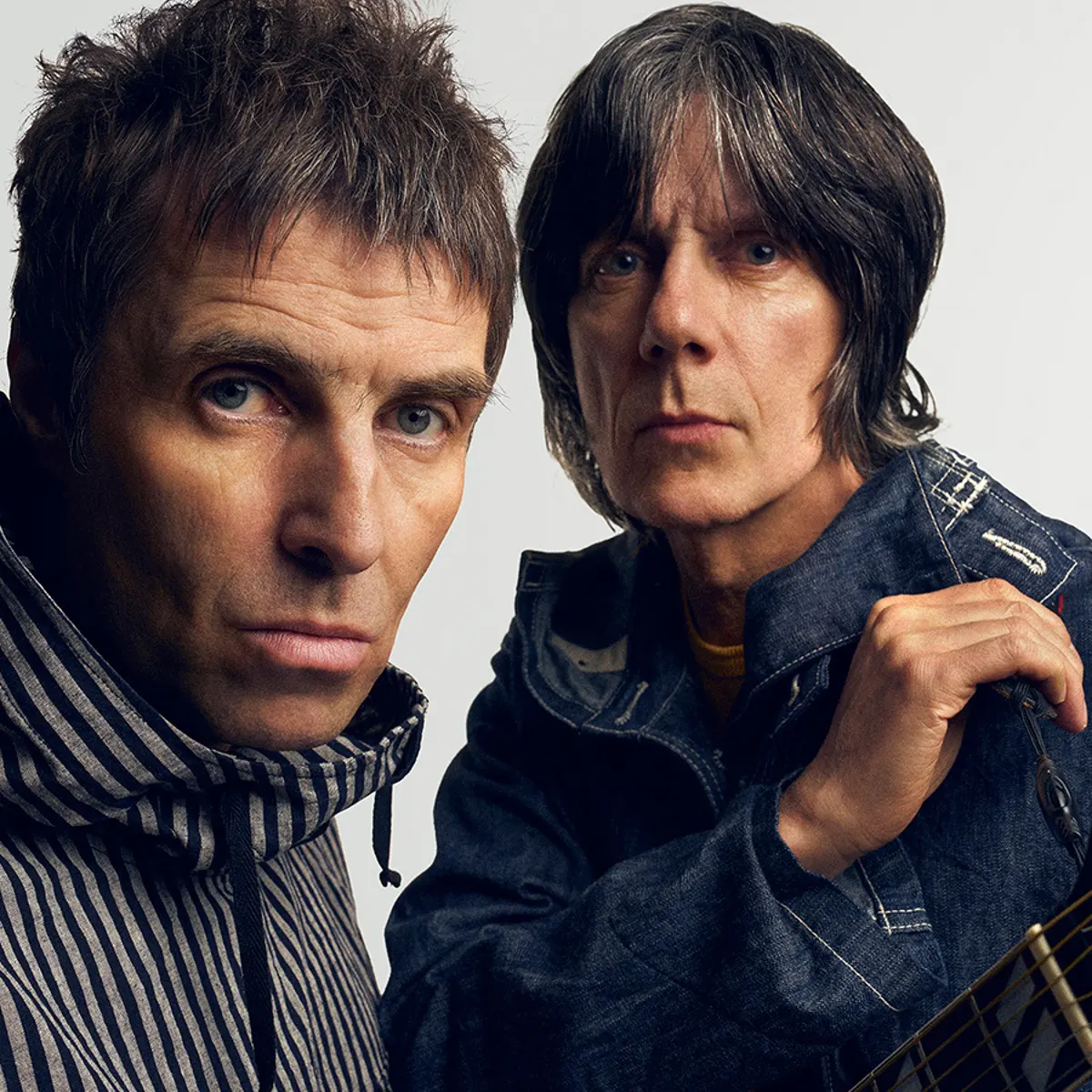
Squire composed all the music and lyrics for the songs, while Liam lent only his vocal talent. This dynamic likely feels natural to Liam, harkening back to the Noel-Liam dynamic in Oasis, especially during the early albums when Noel was the sole composer.
The first thing that grabs attention is the peculiar sound chosen for the album. It’s not particularly clean, rather quite distorted, giving the music a distinctive, edgy vibe, though perhaps a bit too much distortion for my taste.
Upon listening to the album, questions immediately arise: how many times can the Beatles be reinterpreted without becoming boring? Without the music sounding generic and tiresome due to lack of originality? I’m not sure, but Liam and Squire, along with many other Britpop artists, have built musical careers on this theme. In “Liam Gallagher & John Squire,” they embrace that tradition wholeheartedly.
The only departure from this sound is a certain bluesy influence, reminiscent of ’60s acts like Clapton and Hendrix.
Furthermore, complementing the distorted production, there are brief guitar interventions by Squire between Liam’s phrases, which often feel more like short improvised psychedelic lines than mere melodic passages.
While these interventions occasionally pick my nerves with their occasional sharpness and randomness, they are the only thing that makes the songs a bit more interesting. They serve as a reminder of Squire’s presence and that this is not just another Liam solo album.
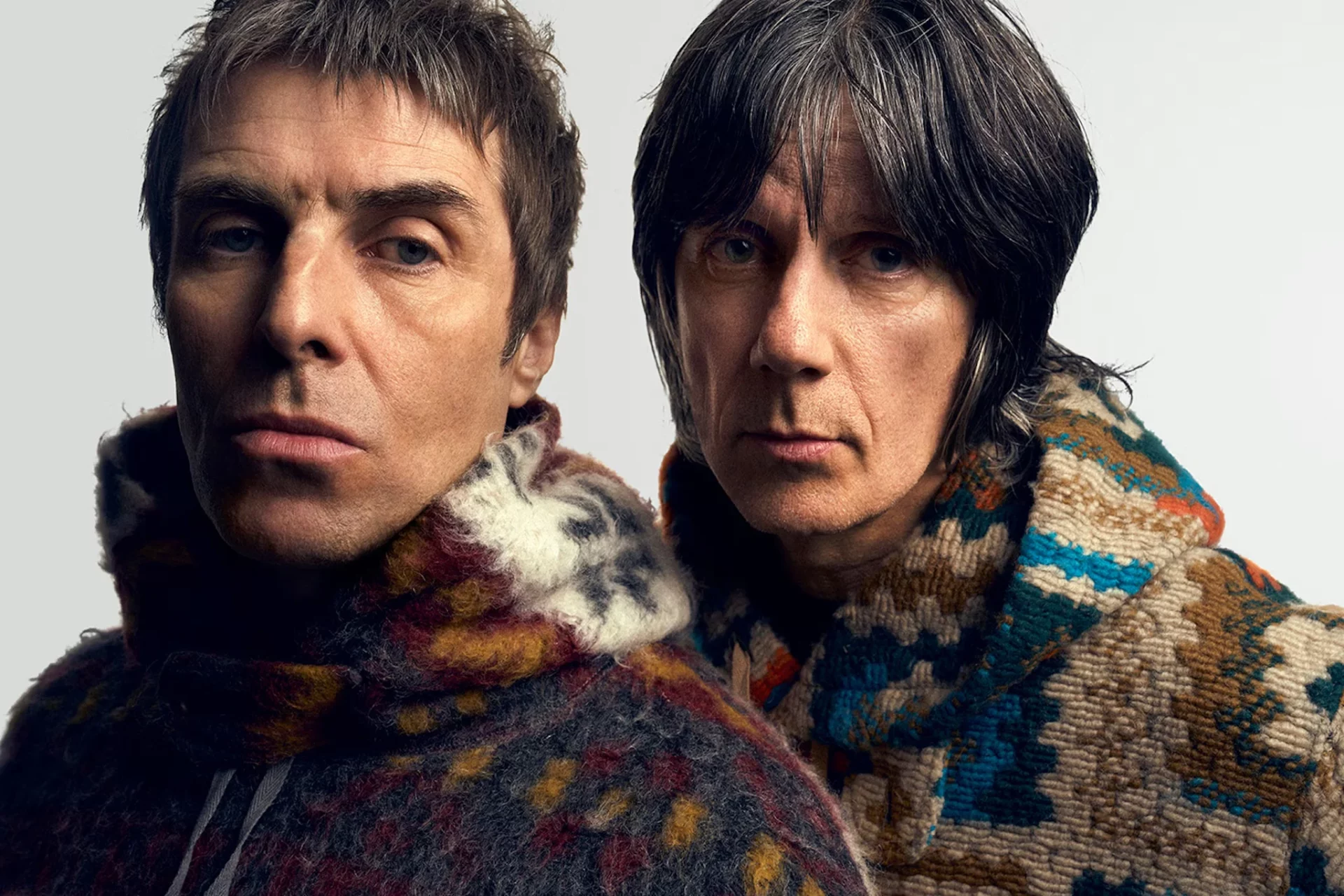
Squire is a competent composer, though not quite matching the brilliance of Noel Gallagher, neither in composition nor performance. I would even prefer Liam’s solo albums.
Listening to “Liam Gallagher & John Squire” requires accepting that there’s no original material here. It’s all a reinterpretation of ’60s rock with Britpop nostalgia, but if you’re willing to overlook this, there are enjoyable moments.
There are also tedious moments that feel like incomplete song ideas. In my humble opinion, these overshadow the rest of the album, and truth be told, after its 38-minute runtime, I feel relieved when it ends. I’m not convinced I’d be curious to hear a second part.
Recommended only for those who desire yet another generic reinterpretation of the Beatles/Britpop sound or need more Liam in their lives. Certainly one of the best singers of recent decades, but in this regard, his three solo albums and the Oasis catalog are superior options.

